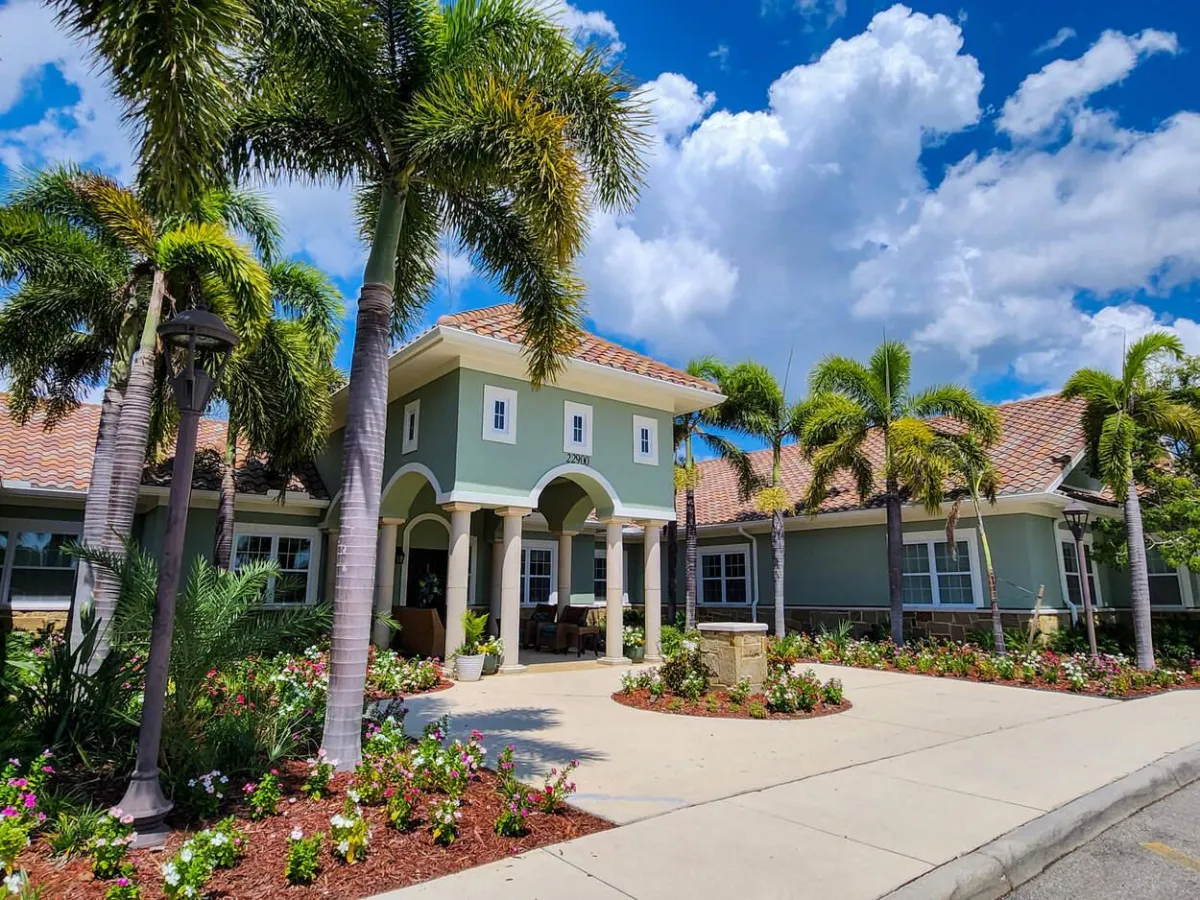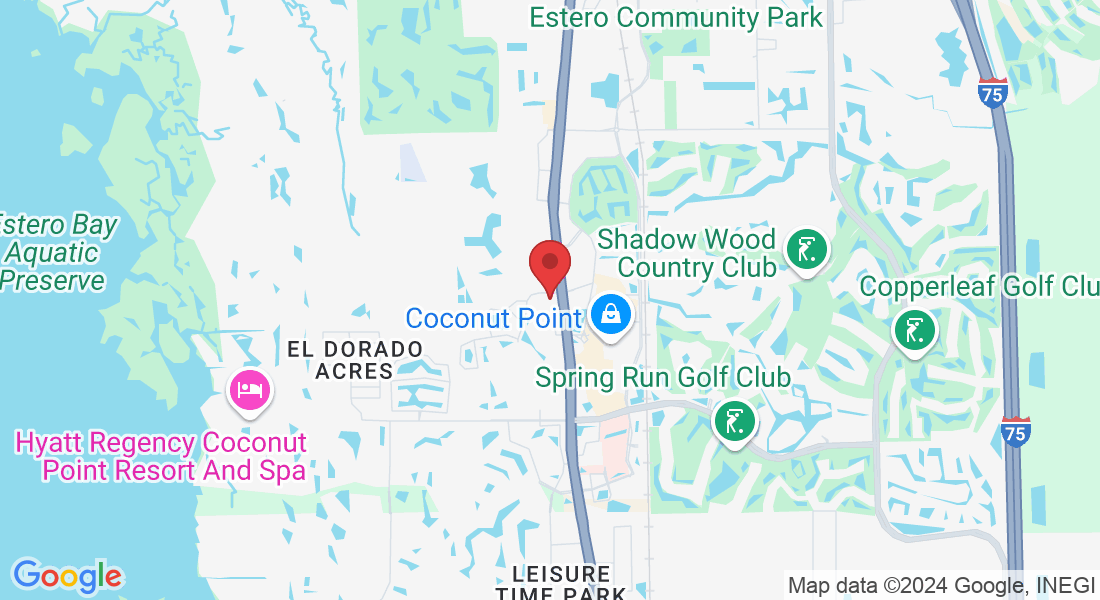Memory Care Resources
Enjoy these articles on finding the right care for your loved one

7 Memory Care Activities That Stimulate Cognitive Function in Seniors
Caring for seniors with memory loss involves more than meeting their basic needs—it’s about creating opportunities for engagement, joy, and mental stimulation. Cognitive exercises tailored to seniors can enhance memory retention, improve mood, and foster a sense of independence. At Gulf Coast Memory Care, we specialize in activities that promote overall well-being while addressing the unique challenges of memory impairment.
Here, we’ll explore some of the best activities to stimulate cognitive function in seniors. If you’re looking for practical senior care solutions or actionable senior health tips, this guide is for you.
Why Cognitive Stimulation Matters in Senior Care
Memory-related conditions like Alzheimer’s and dementia can cause mental and emotional decline. However, structured activities that focus on mental engagement can slow this process, improve quality of life, and even strengthen family bonds. Research shows that regular cognitive stimulation positively impacts brain health by encouraging neuroplasticity—the brain's ability to adapt and rewire itself.
When tailored to the individual’s interests and abilities, these activities offer a sense of achievement and comfort.
1. Brain Games and Puzzles
Puzzles, word searches, and games like Sudoku or crosswords are classic ways to engage the brain. These activities challenge problem-solving skills, enhance focus, and provide a satisfying sense of accomplishment.
Pro Tip: Choose puzzles that match your loved one’s cognitive abilities. For instance, opt for larger, simpler jigsaw puzzles for those with advanced memory loss.
2. Music Therapy
Music is a powerful tool in memory care. Familiar songs can evoke emotions, unlock forgotten memories, and create moments of connection. Singing, playing simple instruments, or just listening to favorite tunes can reduce stress and improve mood.
How it helps:
Stimulates multiple areas of the brain simultaneously.
Eases anxiety and promotes relaxation.
Encourages movement, such as clapping or dancing.
Consider creating a playlist of their favorite songs from earlier decades to maximize engagement.
3. Arts and Crafts
Creative activities like painting, drawing, or knitting help seniors express themselves while improving motor skills. Even simple crafts, such as coloring or making greeting cards, can provide mental stimulation and a sense of purpose.
Suggestions for senior-friendly crafts:
Painting with watercolors or acrylics.
Designing simple flower arrangements.
Creating scrapbooks with old photos.
Arts and crafts offer a wonderful way to reminisce about the past while creating something meaningful.
4. Gardening
Spending time outdoors and engaging with nature has therapeutic benefits for seniors. Gardening activities, such as planting flowers or vegetables, stimulate the senses and encourage physical movement.
Benefits of gardening in senior care:
Boosts mood and reduces stress.
Improves hand-eye coordination.
Provides a low-impact form of exercise.
For a simpler alternative, indoor gardening with small pots or succulents works just as well.
5. Reminiscence Therapy
Reflecting on positive memories can help seniors reconnect with their past and strengthen their identity. Memory books, photo albums, or even discussing favorite family traditions can serve as prompts for reminiscence therapy.
Ideas to get started:
Compile a photo album of cherished moments.
Share old family recipes or heirlooms.
Record their stories in a journal or voice recorder.
This activity fosters a sense of belonging and builds bridges between generations.
6. Gentle Physical Activities
Physical movement is crucial for maintaining overall health, and certain exercises can benefit cognitive function as well. Yoga, tai chi, or even light stretching routines are ideal for seniors with limited mobility. For those able, walks in safe environments provide both exercise and relaxation.
Key benefits:
Increases blood flow to the brain.
Enhances balance and coordination.
Reduces stress and promotes relaxation.
Always ensure activities are adapted to your loved one’s physical abilities to prevent overexertion or injury.
7. Group Activities and Social Engagement
Social interaction plays a significant role in senior health. Activities like group storytelling, book clubs, or communal games can reduce feelings of isolation while providing mental stimulation.
Examples of group activities in memory care:
Trivia games based on favorite topics or eras.
Collaborative art projects.
Group sing-alongs or karaoke sessions.
Group settings also allow seniors to practice communication skills and feel part of a supportive community.
The Role of Memory Care Communities in Enhancing Senior Health
Memory care communities like Gulf Coast Memory Care take a holistic approach to senior well-being. By offering structured activities tailored to individual needs, these communities provide opportunities for engagement, relaxation, and joy.
At Gulf Coast Memory Care, we focus on creating a nurturing environment where seniors can thrive. Our activity programs are designed to stimulate the mind, uplift the spirit, and foster meaningful connections with others.
Senior Health Tips: Making Activities Part of Daily Life
Incorporating cognitive activities into a loved one’s daily routine doesn’t have to be overwhelming. Here are some practical senior health tips to keep in mind:
Start small: Introduce one or two activities per day to avoid overstimulation.
Be flexible: Adapt activities based on your loved one’s energy levels and preferences.
Celebrate successes: Acknowledge their achievements, no matter how small.
Create consistency: Establish a predictable routine to provide comfort and reduce anxiety.
Conclusion: Empowering Seniors Through Engagement
Stimulating cognitive function is essential for promoting overall health and happiness in seniors. From music therapy to gentle exercise, these activities not only improve brain health but also foster emotional well-being and social connection.
If you’re seeking professional support, Gulf Coast Memory Care offers specialized programs tailored to meet your loved one’s unique needs. Contact us today to learn more about how we can help or explore our range of engaging activities designed to enrich the lives of seniors.

Gulf Coast Memory Care
(239) 221-6120
22900 Lyden Dr, Estero, FL 33928
AL# 12921





